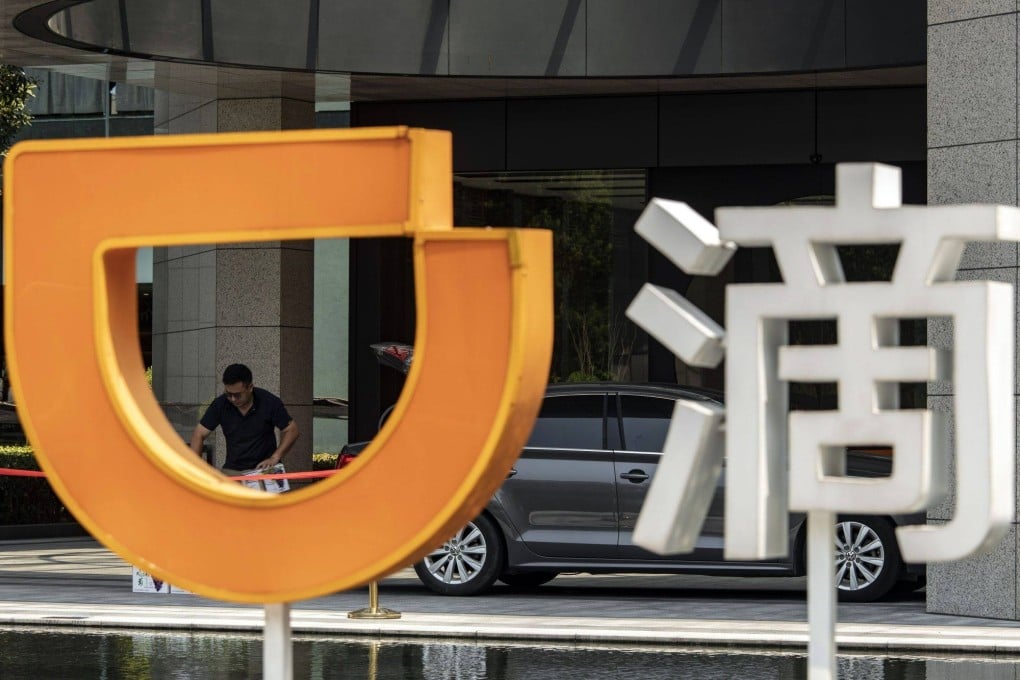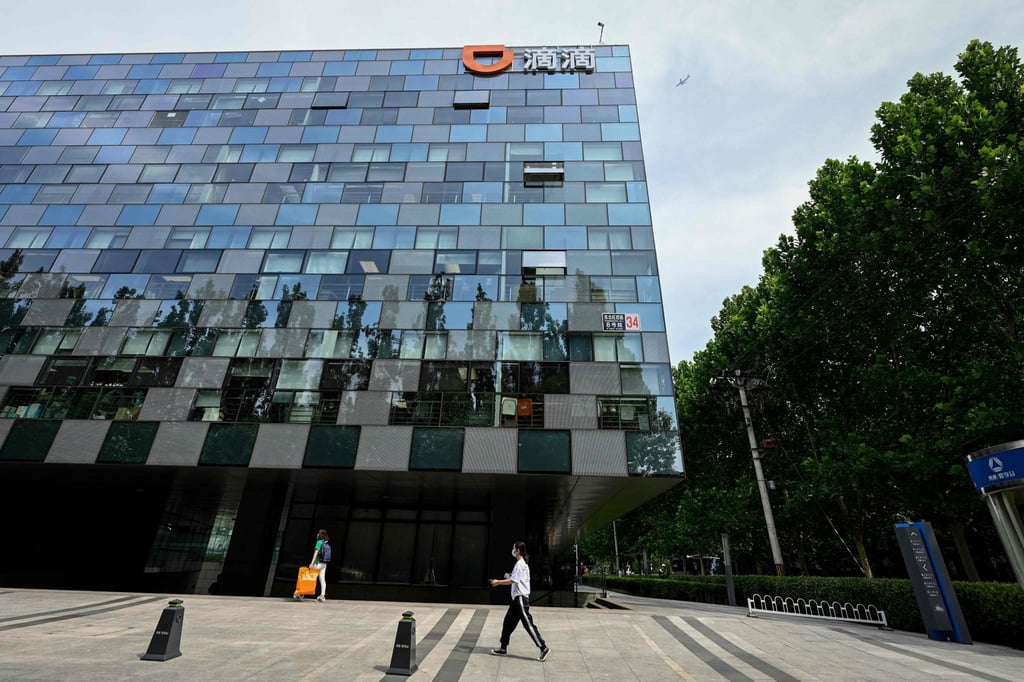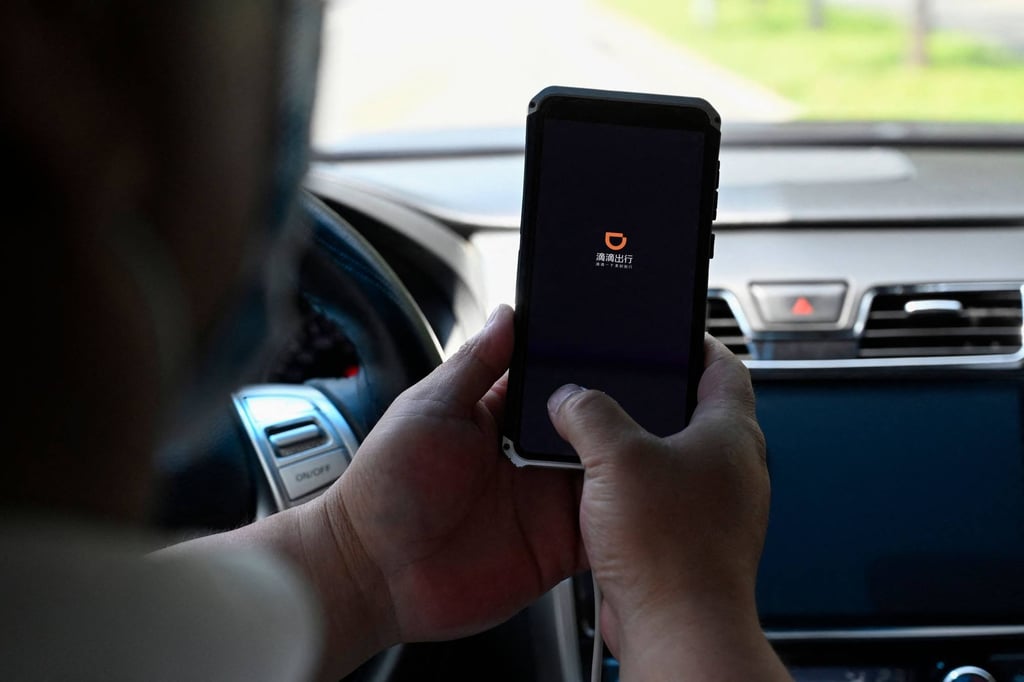Didi’s relaunch of user sign-ups bodes well for its ride-hailing business, but regulatory scrutiny persists after tech crackdown
- The Beijing-based company has retained its leading position in the ride-hailing market during an 18-month absence from China’s app stores
- While Didi’s regulatory troubles are ‘reaching an end’, uncertainties linger as to how the government will enforce antitrust, algorithms and data rules

The Beijing-based company said on Monday that it was immediately resuming new user sign-ups with the approval of the cybersecurity regulator, ending a ban that started in July 2021. Its main app will soon become available on China’s app stores again, according to a person familiar with the matter.
The progress “undoubtedly sets a good start for [Didi’s] development this year”, said Liu Ying, an analyst from market intelligence Analysys.

She said that the company’s main business has been stunted by tightened regulations, as well as the Covid-19 pandemic, which has significantly weakened ride-hailing demand.
Meanwhile, some of its strongest rivals such as Meituan – the food delivery giant that expanded into Didi’s turf in 2017 – and T3 – a joint venture by three state-owned carmakers – saw their orders surge 63 and 103 per cent, respectively, during the same period.

